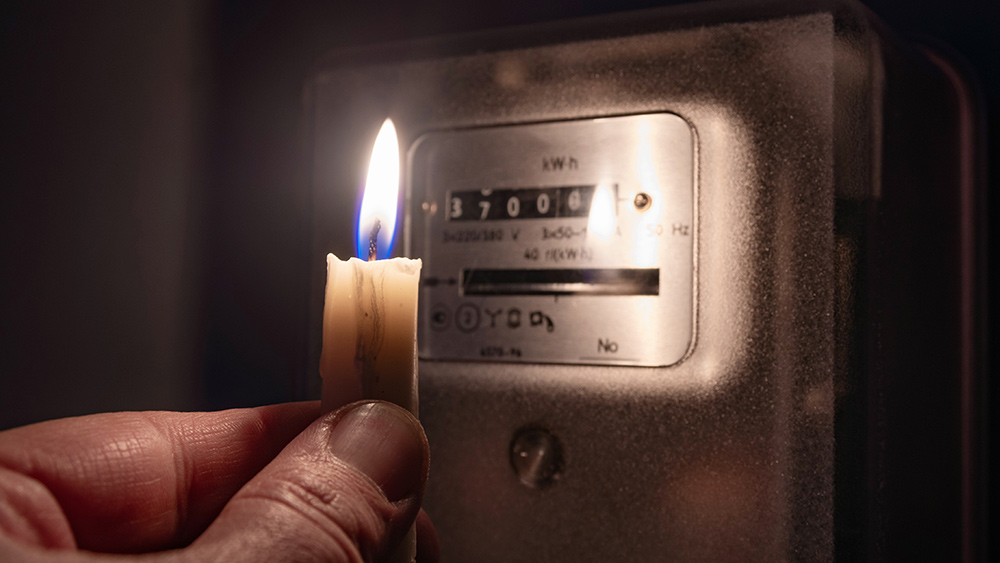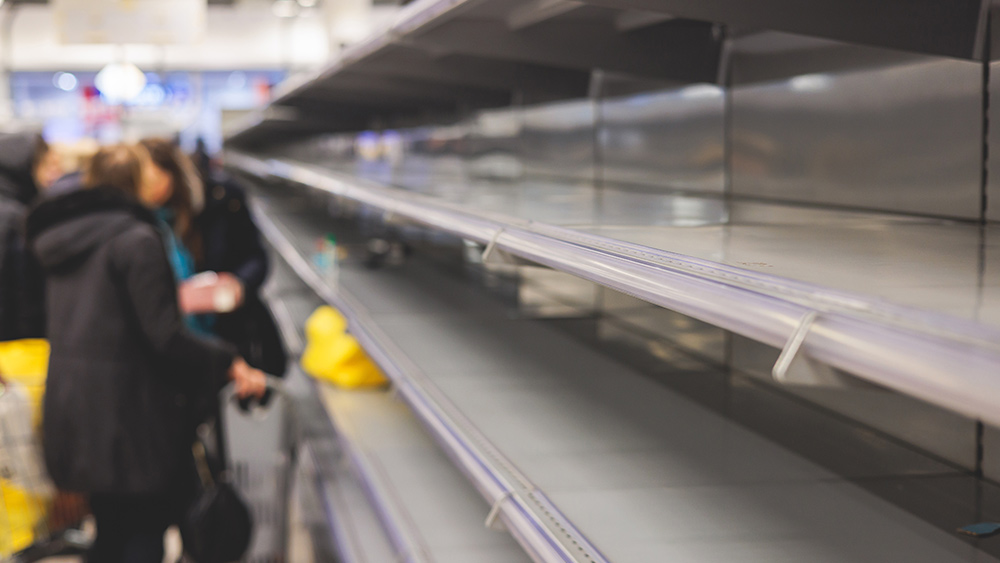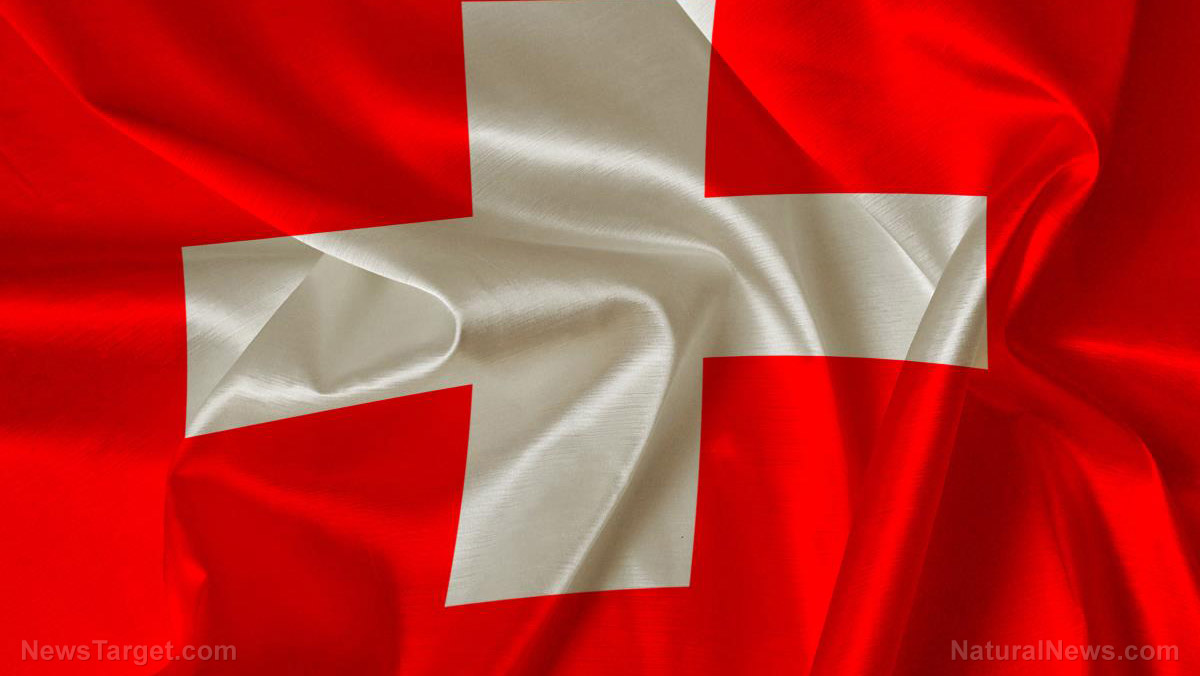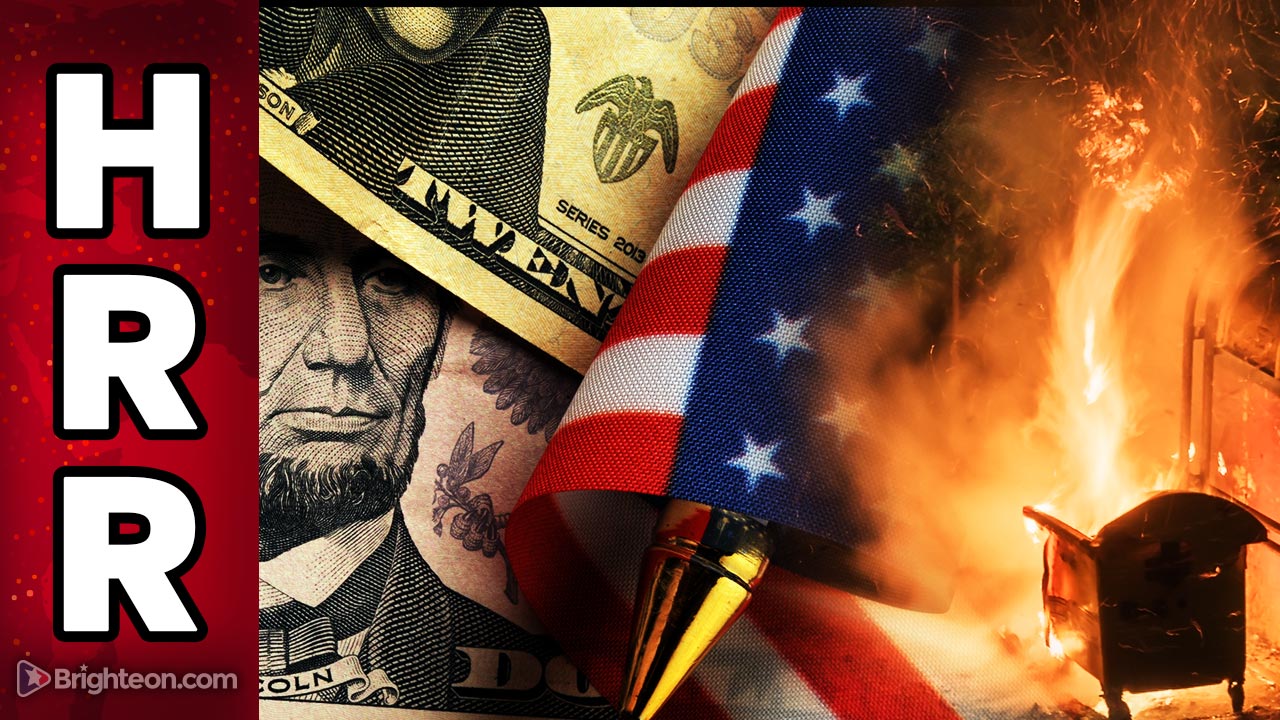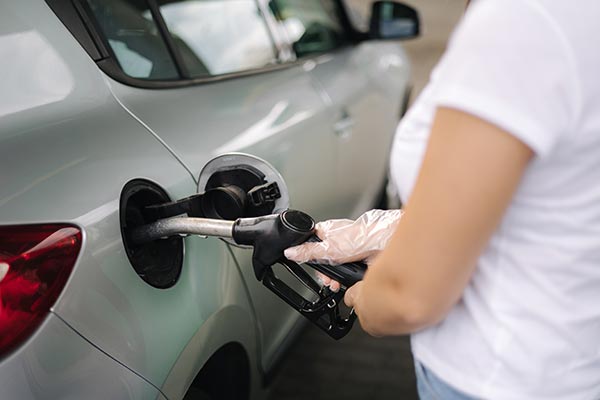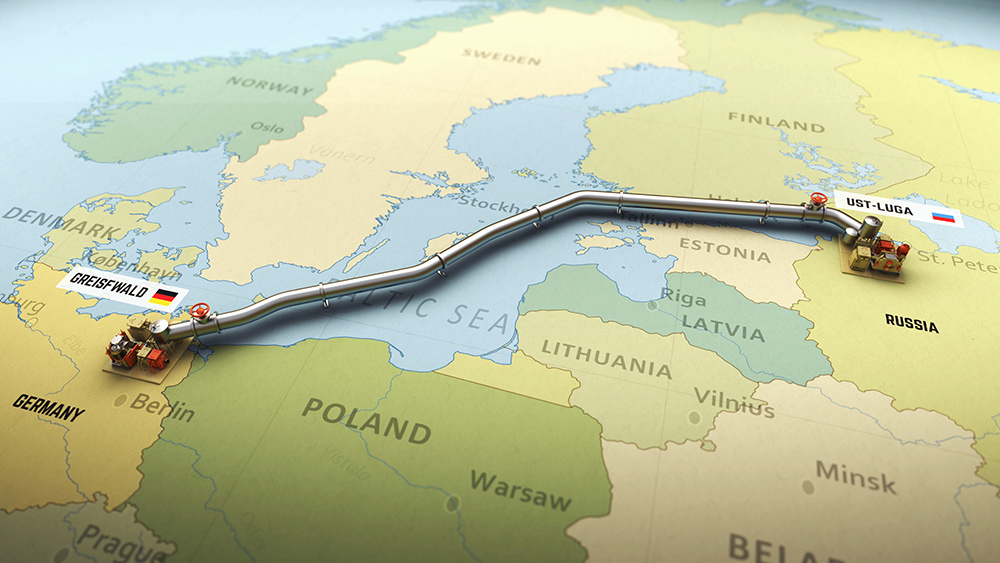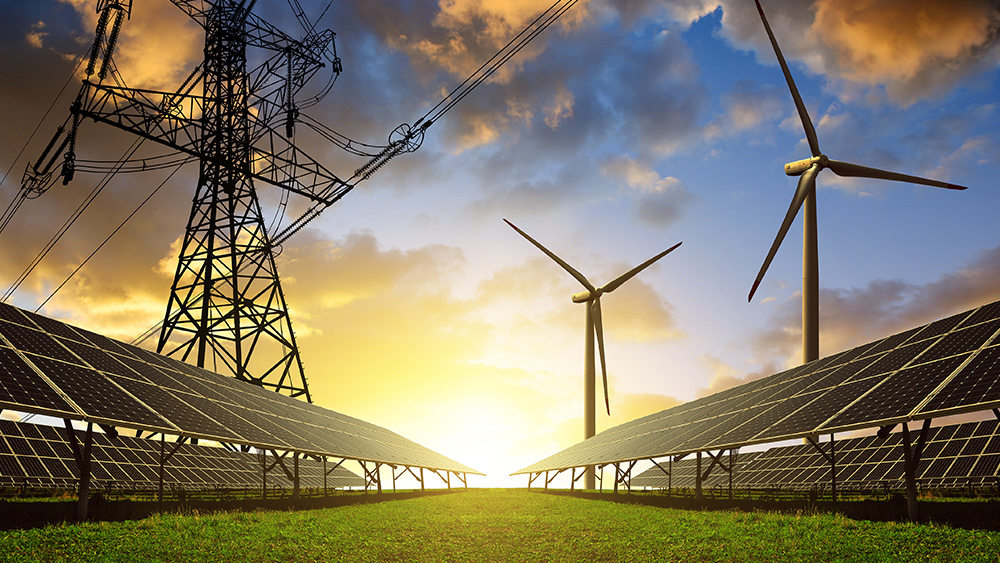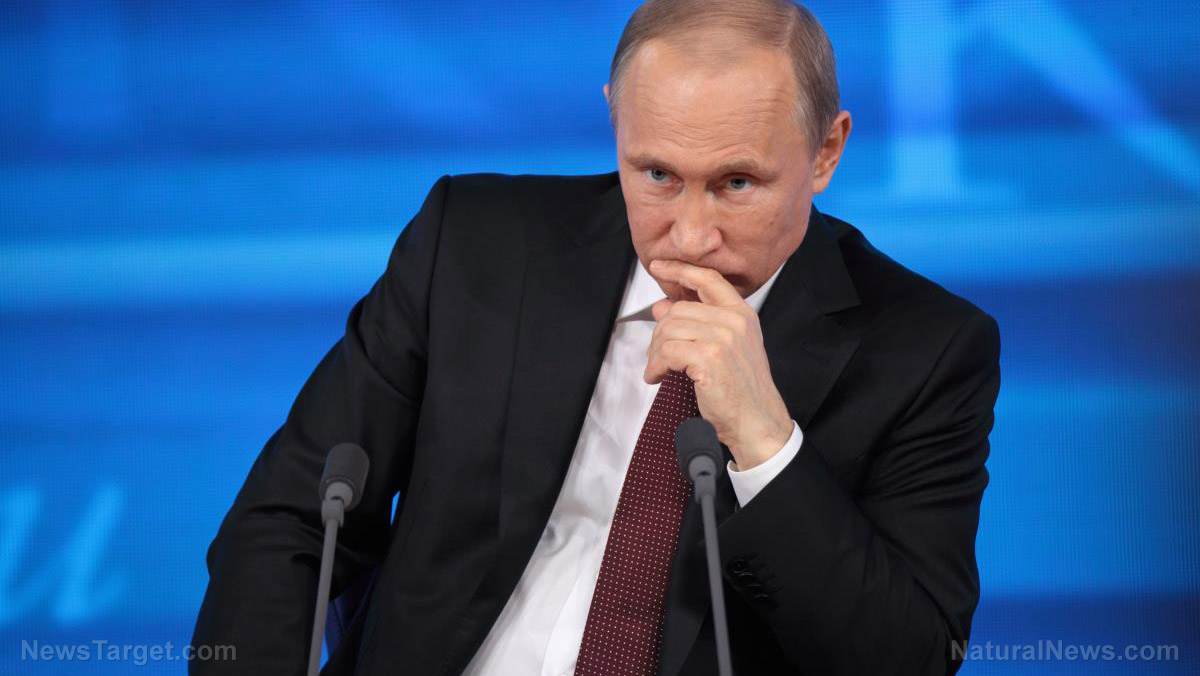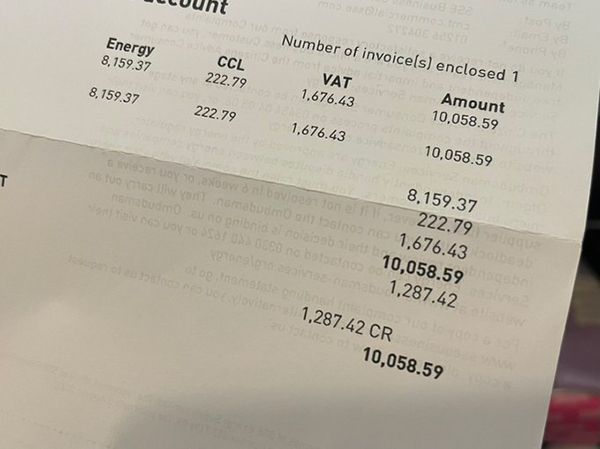Energy prices in Germany soar 1,000% as companies go bankrupt
09/18/2022 / By Ethan Huff
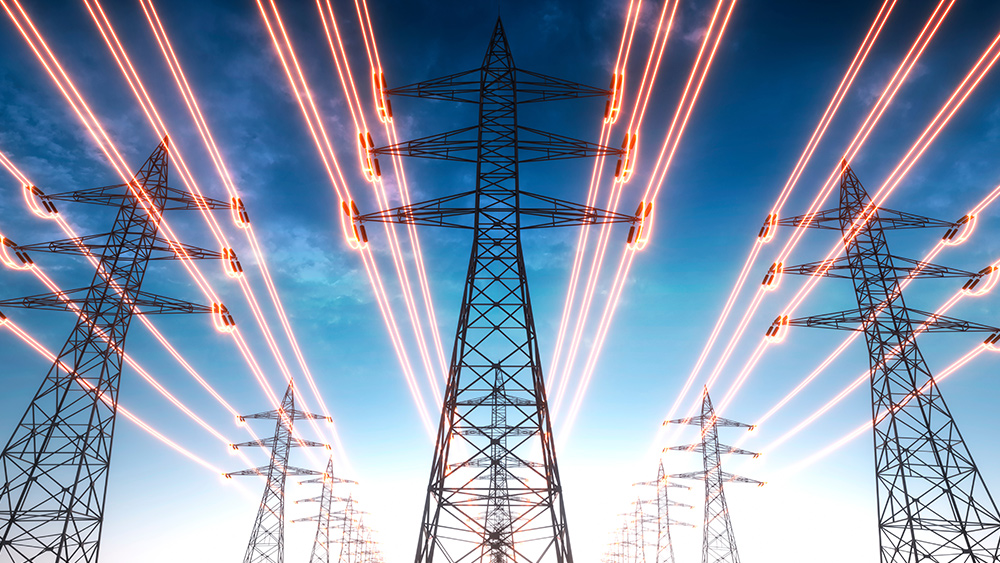
Remember back at the start of the covid plandemic when the media generated mass hysteria about toilet paper hoarding? It looks like that was a foreboding of things to come as German toilet paper manufacturer Hakle, along with a growing number of other producers in Deutschland, is closing up shop due to skyrocketing energy costs.
Citing a “tenfold increase in gas and electricity prices,” the German manufacturer says it simply does not make sense to continue producing toilet paper at these prices because it would not sell for a profit compared to cheaper toilet paper produced somewhere else where energy costs are more normal.
Shoe retailer Görtz is in the same boat, announcing closure due to low sales. Then we have automobile supplier Dr. Schneider, steel producer ArcelorMittal, and many others. (Related: Check out our earlier coverage to learn more about the dire situation in Germany with energy inflation.)
“With a tenfold increase in gas and electricity prices, which we had to accept within a few months, we are no longer competitive in a market that is 25% supplied by imports,” says Reiner Blaschek, CEO of ArcelorMittal, which is closing down plants both in Bremen and Hamburg.
“We see an urgent need for political action to get energy prices under control immediately.”
Germany’s bakery industry, which relies heavily on affordable energy, facing extreme hardship
Another important sector that often gets overlooked is the bakery industry, a staple in German culture. Bread and pastry manufacturers have long relied on affordable energy, and staying in business without it is going to be a challenge, if not impossible.
“For bakeries, the energy crisis is now worse than the Corona pandemic,” an industry source and affected baker from Heilbronn is quoted as saying.
“We have the problem as a micro baker that we have to adjust our prices to the raw material and energy prices, of course, which also burdens the customer, if he is also a bit tighter on cash.”
One area baker saw his monthly gas bills go from 3,000 euros to 11,000 euros, a nearly 400 percent increase.
Needless to say, insolvencies are on the way. A business simply cannot afford to remain operational when energy prices nearly quadruple, especially in a global market where other countries can produce similar items with much cheaper energy.
“What we are seeing now is just the tip of an iceberg,” one report explains.
“Increased energy prices are affecting all industries, whether directly, as in the case of steel mills and bakeries, or indirectly, as in the case of shoe retailer Görtz. If politicians do not take countermeasures here, Germany will fall into a severe and long-lasting recession, with mass unemployment and a massive loss of prosperity.”
In the comment section, someone pointed out that Germany is just the first domino to fall.
“What happens in Germany doesn’t stay in Germany,” this person wrote. “Expect the same.”
“And it is not yet winter,” responded another.
“Massive loss of prosperity, massive unemployment, long-lasting recession: sounds like the 1930s all over again,” said someone else. “Dangerous times.”
Keep in mind that the United Kingdom currently faces similar shutdowns as upwards of 60 percent of factories throughout the island country risk going under – if they have not already.
“Trump warned the Germans about being dependent on Russian energy – they giggled,” another commenter pointed out about how all of this was predicted. “Who’s giggling now?”
“Seems the eco-nutjob in charge of the failure to supply electricity is looking at diesel powered generating barges the likes of which are found in Third World countries that can’t afford – or get finance for – power stations,” wrote another about how Germany is trying to handle the issue.
The latest news about Germany’s economic collapse can be found at Collapse.news.
Sources for this article include:
Submit a correction >>
Tagged Under:
bankruptcy, chaos, Collapse, currency crash, economic collapse, economy, electricity, energy, energy crisis, energy prices, Europe, Gazprom, Germany, inflation, market crash, national debt, natural gas, power, power grid, rationing, Russia, scarcity, supply chain warning
This article may contain statements that reflect the opinion of the author
RECENT NEWS & ARTICLES
PowerGrid.News is a fact-based public education website published by Power Grid News Features, LLC.
All content copyright © 2018 by Power Grid News Features, LLC.
Contact Us with Tips or Corrections
All trademarks, registered trademarks and servicemarks mentioned on this site are the property of their respective owners.

